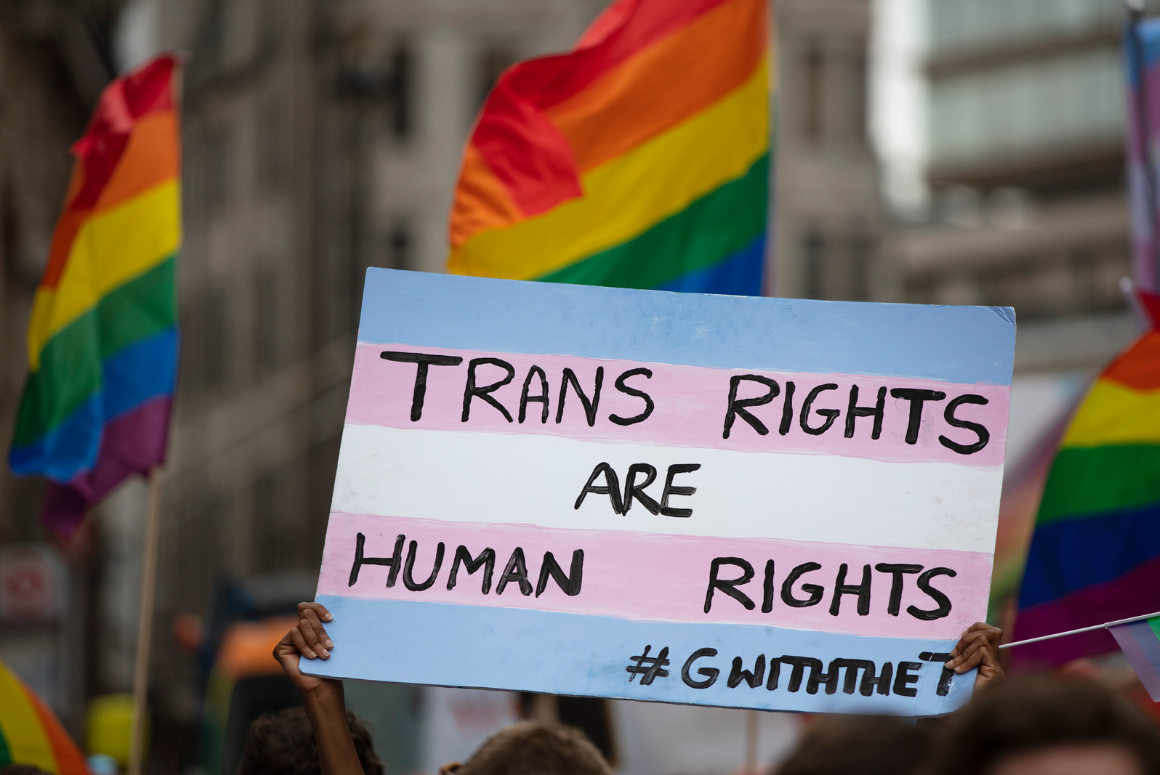By Ryan Vortisch, Legislative Reporter, ACLU of Nevada Foundation
Bans on drag shows, LGBTQ-inclusive sports, hormone therapies, and other measures that call into question the rights of lesbian, gay, bisexual, and transgender people continue to pop up nationwide. Advocates in the Nevada Legislature, however, want to improve access to gender-affirming care for transgender and gender-nonconforming people across the state.
Senate Bill 163, sponsored by Sen. Melanie Scheible with a handful of Democratic cosponsors, would require all insurance providers -- including Medicaid -- to cover gender-affirming health care and procedures. The bill would remove unnecessary healthcare barriers for transgender and gender-nonconforming individuals beginning July 1.
Transgender community members who spoke with the ACLU of Nevada described a range of treatments and services suggested by their doctors yet denied by insurance companies.
Ren Van Dorn, 21, of Reno, said accessing the gender-affirming care he needs has been challenging. He said his insurance does not cover hormone replacement therapy, so he receives inconsistent care.
"I think I was a little bit too optimistic in the beginning,” he said. “I definitely should have expected how hard it was going to be.”
Brooke Maylath, founder of the Transgender Allies Group, described these experiences as typical barriers faced by transgender individuals when pursuing gender-affirming health care. Maylath is a leading advocate on transgender rights issues in Nevada and was a driving force behind the proposal's introduction in 2021.
“When we hear the stories of people that have been denied coverage and had to jump through hurdles to be able to get what they need, it becomes self-evident that the only thing that is blocking access to this kind of care is discrimination,” Maylath said.
Transgender and gender-nonconforming individuals experience higher levels of depression and suicide, often related to gender dysphoria or external judgment, and according to a 2021 Harvard Medical School study, empirical evidence suggests there are observed mental health benefits of surgical gender affirmation.
“Certain types of surgeries have been proven to be beneficial to decrease and mitigate symptoms of gender dysphoria,” Maylath said.
For many transgender Nevadans, gender-affirming care is medically necessary and potentially life-saving.
Phynias Grant, 25, of Reno, changed his outlook on life dramatically after he began receiving gender-affirming care.
“I did not see myself living past 25, and here I am and expecting a much longer life,” he said.
But his journey is not over yet. Grant said he was denied insurance coverage for his “top surgery,” referring to surgical procedures to masculinize or feminize the chest area. Now the process is on hold while he appeals the decision.
Elliot Schifferdecker, 22, of Reno, said receiving gender-affirming health care improved his struggles with gender dysphoria and made it “a lot easier to do daily things.”
“I was really anxious a lot. Going out was a big worry for me,” he said.
The experience was similar for Van Dorn once they began hormone treatments. “While I still have my problems, it’s a lot easier to manage because I feel more comfortable in my literal self,” he said.
SB163 is scheduled for its first hearing this week.
Ryan Vortisch is the 2023 legislative reporter for the ACLU of Nevada Foundation. He lives in Reno and attends the University of Nevada.

